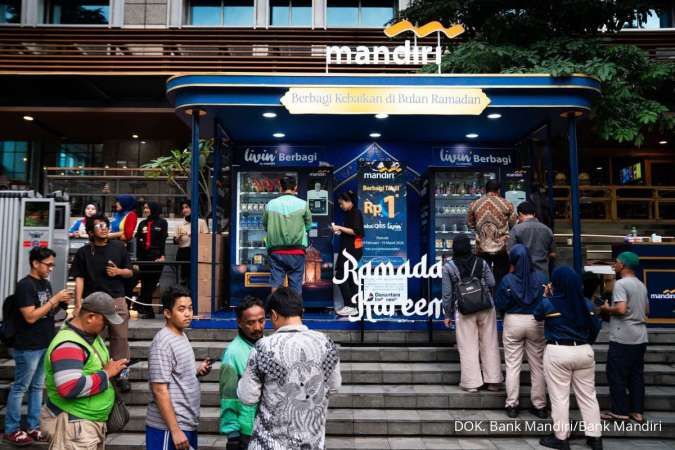JAKARTA. The Jakarta Composite Index (JCI) was pressured by the global and domestic sentiments. Not surprisingly, JCI fell by 2% to the level of 5,107.62, Thursday (24/11). The tense domestic political tension has dragged down the JCI, as the issue of religious blasphemy has been expanded to the issue of treason. The market is sensitive and dislike the unstable condition. Inevitably, on Thursday (24/11), JCI fell the most compared with the regional indices such as Hang Seng and Kospi, which only dropped by less than 1%. President Jokowi did not remain silent. Diplomacy lunch at the State Palace was one of the Jokowi’s consolidation strategies.
"The message was clear, the President wants his cabinet not to be disturbed, so that their works can be optimum," said analyst at Semesta Indovest Aditya Perdana Putra. Head of Research at Bahana Securities Harry Su has the similar view. He even understands the anxiety of investors, particularly foreign investors. Previously, Harry and seven Indonesian companies attended the two-days Daiwa Investment Conference in Hong Kong. In his report, Harry states that during the conference many investors asked about the political condition in Indonesia. The plans of rallies on 25 November and 2 December are expected to heat up the national political situation. "This raises concerns among foreign investors on whether the security conditions in Indonesia can be maintained, although the previous action can be successfully controlled," said Harry. Aside of domestic condition, the investors are also monitoring the recent development in global politics, namely the Donald Trump’s victory in the US presidential election. Harry said that this actually may bring positive impacts, such as the potential of the increase in price of commodity, which is the main export component of Indonesia. Head of Research of Daewoo Securities Taye Shim estimates that the current conditions may lead to crisis and the trend of high interest rate. Those happened during 2004-2005, due to the outbreak of Iraq war in 2003. “But this is not necessarily a doomsday for Indonesia’s stock market,” said Taye Shim. Tracing back, the JCI’s movement was in contrast with the economic condition, mainly the contracted economy. For an example, during 2005, the index of S&P only yielded a 3% return, while JCI yielded up to 16% return. JCI projection Market has actually seen the performance of President Jokowi’s governance. However, the performance was covered by the global factor, mainly The Fed’s plan to raise its interest rate. “The discussions boiled down to the increase ranging between 25bps-50bps,” said Aditya. This condition led JCI to struggle to hit the level of 5,500. Aditya expected that the level of 5,100 is more reasonable and solid, especially after the increase in the Fed's interest, which is predicted to occur in mid-December.
Amid the uncertain condition, Head of Research at BNI securities Norico Garman has revised down the projection on JCI at the end of 2016 with moderate and pessimistic targets at the levels of 5,450 and 5,000, respectively. Previously, BNI Securities has targeted JCI to hit the level of 6,000, due to the successful of tax amnesty program. Although still overshadowed by a number of negative sentiments, JCI is expected to remain stand the level of o 5,000 level in the first quarter of 2017. Moreover, at the end of year, issuers usually conduct window dressing, so that their performances may have good appearances. The pressures from global market may reduce after The Fed’s meeting. However, JCI may still drop to the level of below 5,000, since there are three weeks left ahead of The Fed’s decision. Analyst at Lauthandana Securindo Krishna Setiawan said that the JCI on Thursday stood at the level of 5,100, and it could further drop. (Muhammad Farid/Translator)

